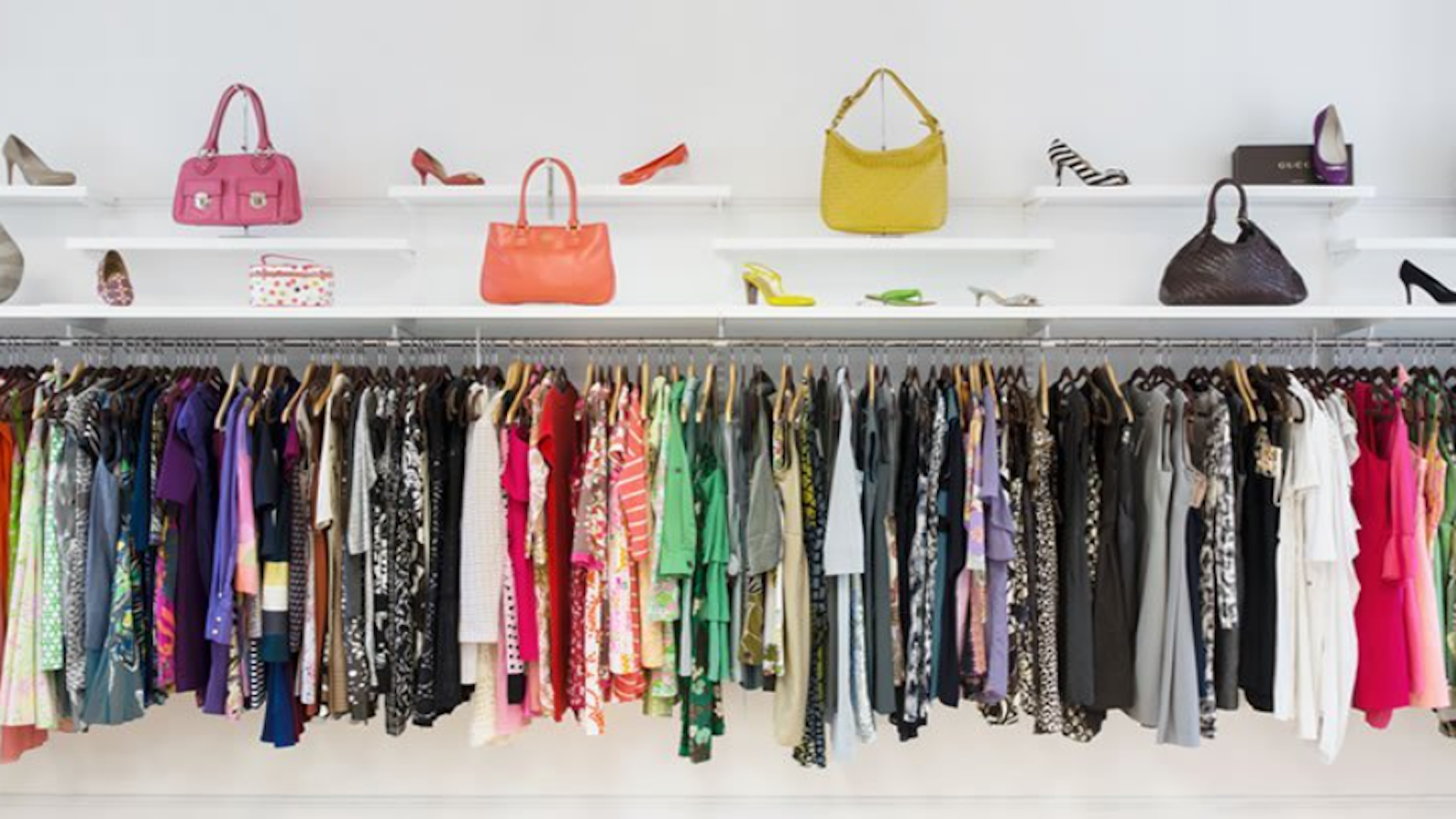ThredUp, an online consignment and thrift store, bought out European competitor Remix Global AD.
The purchase cost ThredUp $28.5 million, and it's only the beginning of the organization's expansion efforts, reported Footwear News. The secondhand resale market is expected to reach $39 billion in market value in Europe by 2025, Footwear News said, citing GlobalData research referenced in ThredUp's 2021 Resale Report.
"Lyubomir and his team have built a strong, lean, customer-first business, and they know how to deliver resale operationally across multiple markets in Europe," ThredUp co-Founder and CEO James Reinhart told Footwear News. "We’re bullish about the massive opportunity in the European resale market and are thrilled about the chance to build on Remix’s technology and operational expertise to help accelerate its growth."
Remix has leveraged a system that allows the company to process millions of garments in an efficient manner, Footwear News said, noting that the ThredUp deal with Remix is expected to be finalized at the end of 2021.
“We’ve long admired ThredUp’s leadership in the United States and their dedication to building a mission-driven company that makes it easy to buy and sell secondhand,” Remix CEO Lyubomir Klenov said in a statement, reported by Footwear News. “Together, I believe we can build upon Remix’s core operational engine, technology, and logistics to bring that scalable experience to the European market, where resale has only scratched the surface.”
Footwear News reported that ThredUp and many other secondhand resale sites have gone public in recent years, including The RealReal and Poshmark.
ThredUp's website says shopping secondhand reduces the environmental price tag attached to fashion. According to the site, creating one new article of clothing uses 77 gallons of water and creates 17 pounds of CO2e. Additionally, 73% of apparel is discarded and 95% of the clothing that has been thrown in the garbage could have been recycled instead.
"In 2009, our co-Founder & CEO James Reinhart realized he had a closet full of clothes he didn’t wear", the website says. "He wasn’t alone. He knew there was value in those clothes, and 'looking back at that moment, I certainly didn’t appreciate how that insight could eventually upend how we look at innovation in retail, the apparel industry and our environment.'”

